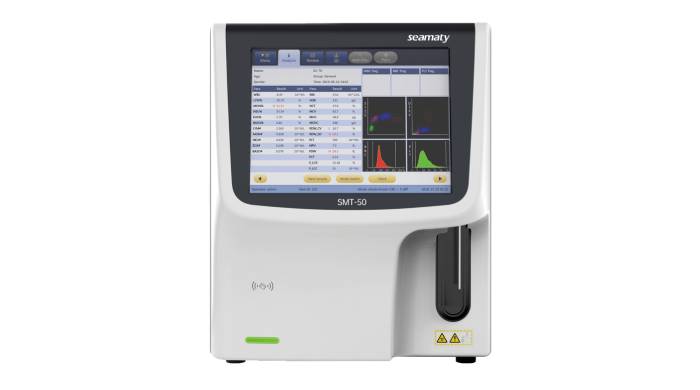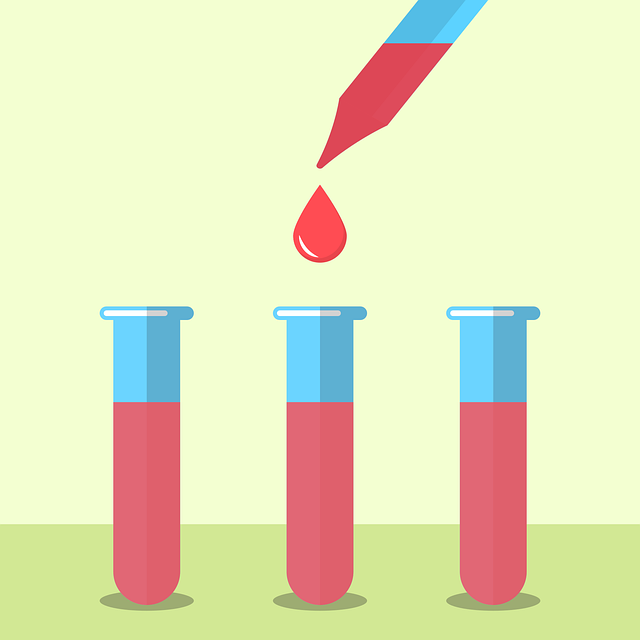release time:2022-06-08 15:10:46
A biochemistry analyzer uses the photoelectric colorimetric principle to measure a specific chemical component in body fluids. Biochemistry machines can test for the following four types of items.

The hematology analyzer mainly detects red blood cell count (RBC), white blood cell count (WBC), platelet count (PLT), hemoglobin (HGB), mean red blood cell volume (MCV), lymphocytes (LYM), monocytes (MON), neutrophils (NEU), eosinophils (EOS), and basophils (BAS).

2024-12-18
Explore how the Seamaty 120VP transforms large animal diagnostics with reliable biochemical testing for livestock and wildlife. Compact, automated, and versatile, it supports health monitoring, pre-surgical assessments, and conservation efforts with precision and efficiency.

2022-04-29
The Clinical Laboratory is used for biochemical, immunological, microbiological and other tests. It is responsible for testing and assaying samples sent from various departments of the hospital.

2021-12-29
Veterinary biochemical testing is the testing of multiple chemical components within a sample. The levels of these chemicals reflect many conditions in various organs of the body. Most veterinary biochemical tests measure blood electrolytes and assist in the diagnosis of liver, kidney and pancreatic disease.